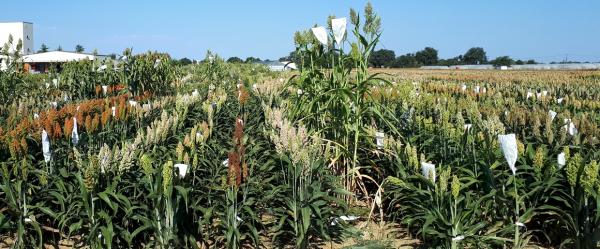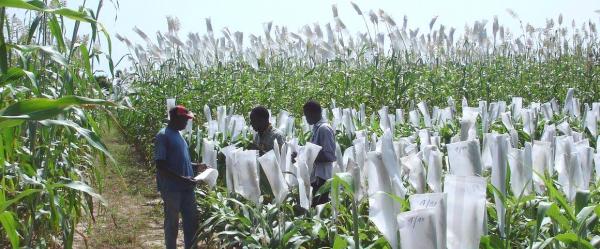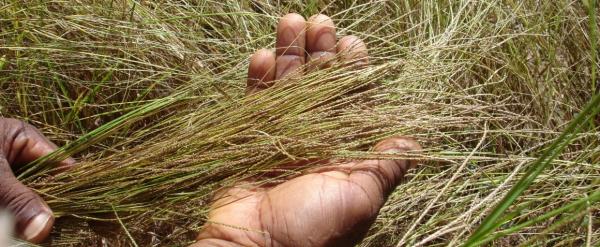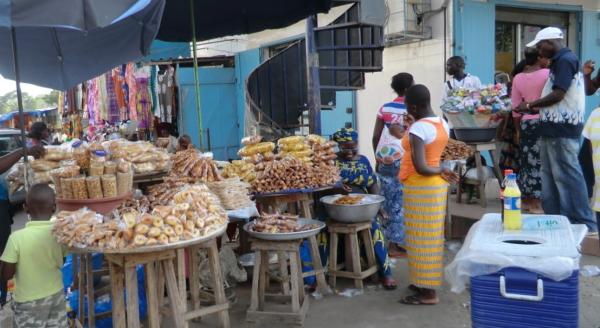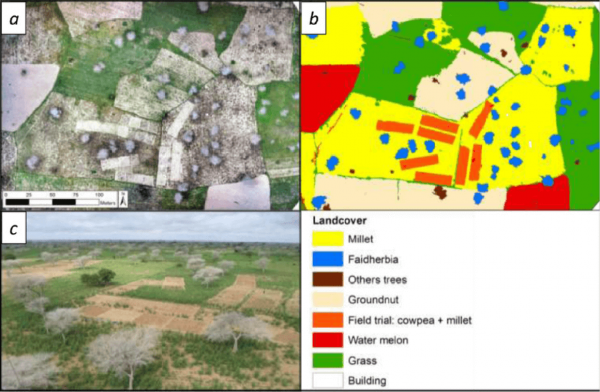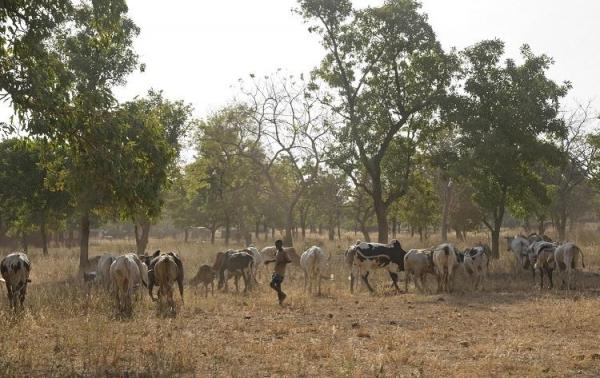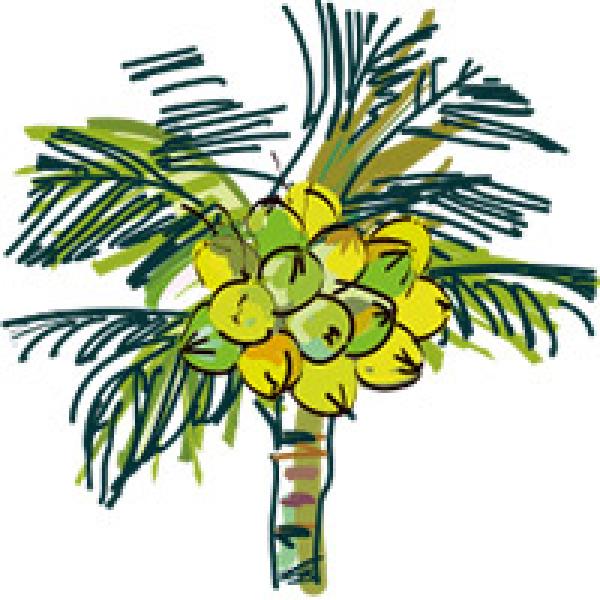Call to action 24 August 2023
- Home
- Our activities, our impact
- Tropical value chains
- Sorghum

Sorghum
CIRAD is involved in international and national sorghum research programmes
CIRAD's research fits into the following frameworks:
- a global partnership coordinating operations at the main international research institutions on sorghum production in Africa.
- platforms in partnership for research and training (dPs).
Appraisals
- Advice on choosing varieties in line with specific objectives and production conditions
- Advice on organizing and implementing participatory breeding programmes in partnership with producer groups
- Research project assessments
- Advice on producing quality seed in tropical zones
- Analyses of grain technological quality and composition
- Analyses of the biochemical composition and food quality of straw and whole plant biomass
- Analyses of stem anatomical diversity and optimization of biomass processing.
Expertise
Biodiversity and exploitation of genetic resources
- Genetic resource management, analyses of gene diversity and flows, molecular biology, ecophysiology, varietal creation and breeding
- Seed production, including F1 hybrid seed.
Optimization of production
- Agricultural engineering for cropping system design
- Cropping practices and fertilization
- Weed and pest control.
Crop models
- Samara: plant stand growth and yield elaboration simulator, depending on genotype and biophysical constraints: support of the design of varietal ideotypes and of varietal assessments in target agro-climatic environments
- EcoMeristem: plant growth simulator on the scale of an organ within a plant stand: the smallest biological scale considered by the model aims to pinpoint and understand the processes that determine the plasticity and diversity of phenotypes depending on their abiotic environment; for instance, the model is used to aid the phenotyping (to analyse genetic control) of complex traits (biomass, sugar and grain production), which it is able to break down, and the exploration of varietal ideotypes that optimize the combination of those elementary processes in a given environment.
Optimization of processing techniques
- Grain processing techniques and product quality
- Image-guided biomass conversion.
























